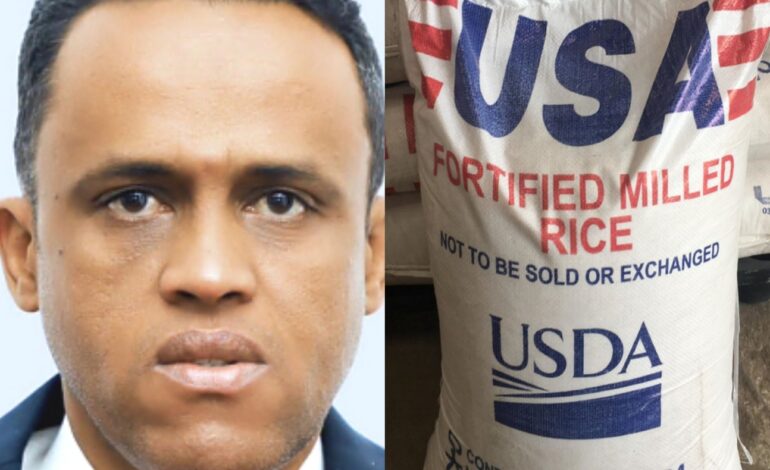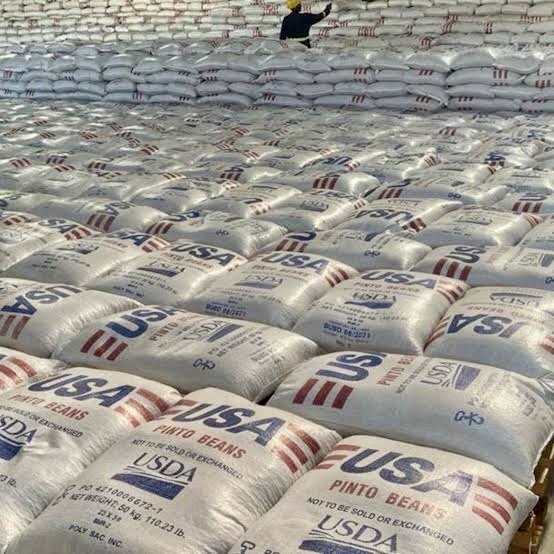
Faith Nyasuguta
In a surprising twist of roles, Tanzania, a longtime recipient of U.S. food aid, is now advocating for conditions on how this assistance is delivered.
For over a decade, Tanzania has benefited from American food aid, particularly for school feeding programs. However, the country now seeks to reshape the traditional donor-recipient relationship by attaching conditions to the aid provided by American farmers.
According to Tanzania’s Agriculture Minister, Hussein Bashe, the conditions laid out for the United States Department of Agriculture (USDA) include sourcing rice and beans for the school feeding program from Tanzanian farmers. Additionally, Bashe emphasized the importance of fortifying the food within Tanzania itself, ensuring transparency in the process.
“We have informed an NGO that is implementing a school feeding project in primary and secondary schools to tell the Americans that there is rice and beans in this country,” stated Bashe, emphasizing the abundance of locally sourced produce.
The move highlights Tanzania’s commitment to self-sufficiency in food production, with the country expecting a bumper harvest of rice and beans this year. With national demand well within reach of production capacity, Tanzania aims to reduce reliance on food imports, leveraging its status as a regional food basket.
Bashe’s statements come in response to a recent tweet from the U.S. embassy in Dar es Salaam announcing the delivery of food aid to Tanzania’s Dodoma region. The tweet sparked a debate on social media, questioning why a food self-sufficient country like Tanzania would require food aid from the United States.
The aid initiative, implemented by NGO Global Communities under the Pamoja Tuwalishe project, aims to provide nutritious meals to over 300,000 pre-primary and primary students across nine districts in Mara and Dodoma regions. The project, funded by the USDA, seeks to support the Tanzanian government’s National School Feeding Guidelines.
Global Communities, which has been implementing the Food for Education project in Tanzania since 2010, emphasizes collaboration with local communities and governments to enhance food security and nutrition.

Tanzania’s call for aid conditionality signals a shift towards self-reliance and a desire for greater control over the delivery and utilization of foreign assistance.
As the country continues to prioritize food security and agricultural development, partnerships with international donors are evolving to reflect Tanzania’s changing needs and aspirations.
RELATED:




